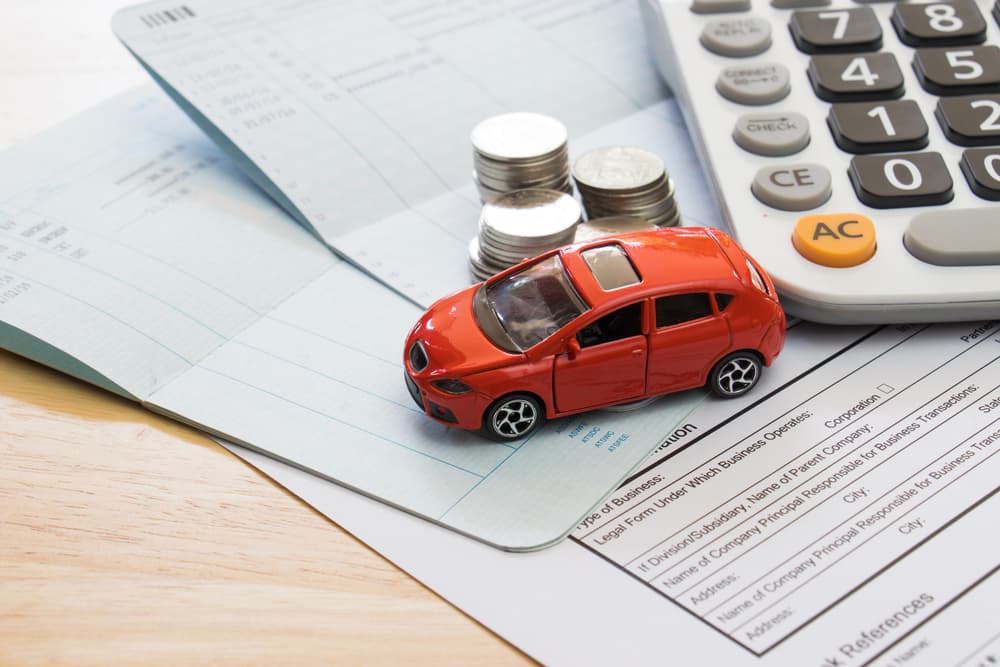

Home / Blog / Auto Insurance / 10 Important Points That Affects Your Car Insurance Rate

If you’ve ever wondered how insurance companies decide your car insurance rates, you’re going to want to keep reading. It may seem like insurers arrive at a magic number based on seemingly random information, but there’s a method to their madness—and understanding it can help you pay less for your car insurance.
Free Car Insurance Comparison - Save up to 30%
No junk mail. No spam calls. Free quotes.
No Signup required
Many different factors influence how much you’ll pay annually for car insurance. Keep in mind as you go through the list of factors that some points are minor considerations (marital status) while others are more influential, like where you live.
One last thing to note is all car insurers use different calculations to arrive at your car insurance rate, so it’s always advisable that you shop around to make sure you’re getting the best deal.
These are the factors that affect your car insurance premiums:
Free Car Insurance Comparison - Save up to 30%
No junk mail. No spam calls. Free quotes.
No Signup required
There’s a lot of research and statistics that go into determining your car insurance rate. For good driver’s this is a benefit as you’ll pay less. However, if it’s within your power to alter the factors working against you, like getting fewer speeding tickets, let the lower rates incentivize you to become a good driver.
Jessica Fox Jessica Fox has been a freelance writer for five years, with a specialty in health, wellness, and insurance. During this time, she’s written for some of the biggest B2B and B2C brands from around the world. Jessica is also the mother of two young daughters and loves coffee, writing, and working out.